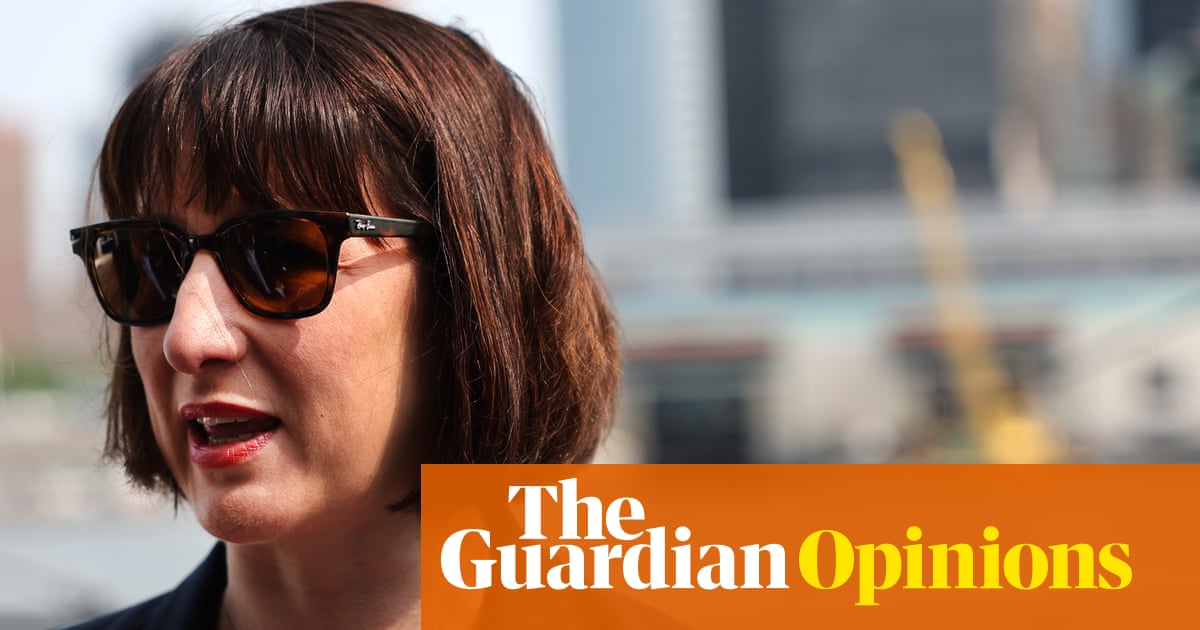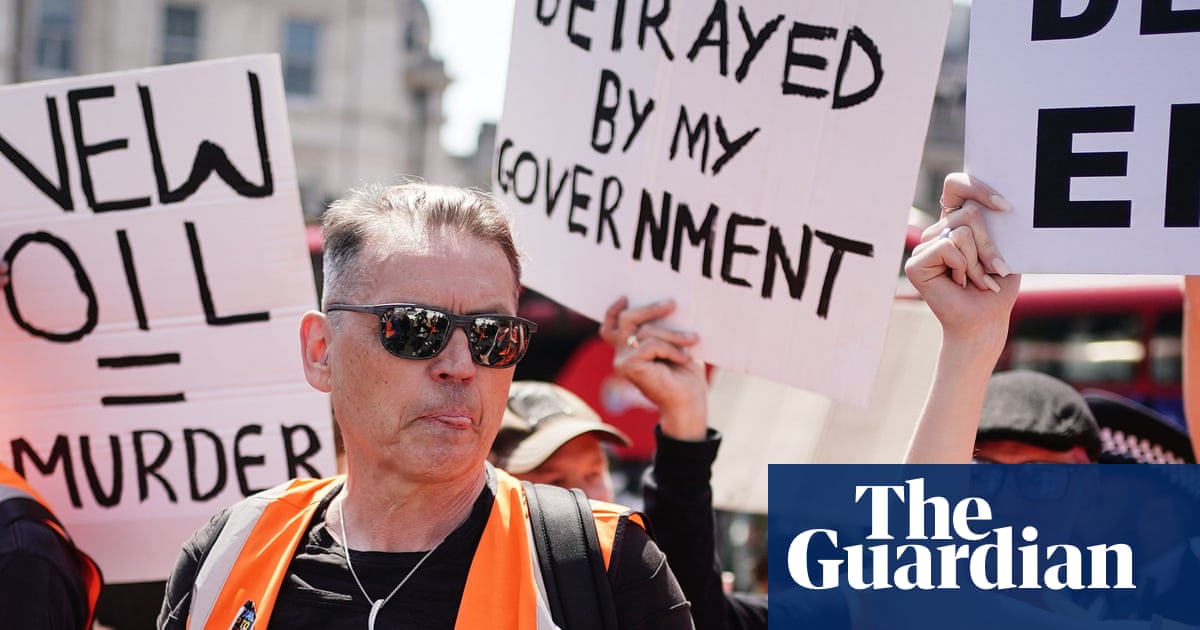
Labour is drawing up ambitious proposals to rescue the post-coronavirus economy with a radical green recovery plan focused on helping young people who lose their jobs by retraining them in green industries.
Seeking to seize the initiative on the country’s future direction once the pandemic abates, Ed Miliband, the shadow business secretary, has called for the plans to include creating a “zero-carbon army of young people” doing work such as planting trees, insulating buildings and working on green technologies.
Miliband told the Guardian that the combination of the economic damage caused by the virus and the imperative to tackle issues such as the climate emergency and pollution required ambition on the scale of Clement Attlee’s postwar Labour government.
“It’s a contemporary equivalent of what happened after 1945,” Miliband said. “It’s never too early to start thinking about the future, to think about what kind of world we want to build as we emerge from this crisis. I think we owe it to have a sort of reassessment of what really matters in our society, and how we build something better for the future.”
Under a timetable coordinated by Miliband and the shadow chancellor, Anneliese Dodds, Labour will this week start a rapid consultation with businesses, workers, unions and others on how a green recovery could happen. Proposals will then be put to the government.
“I think we should be aiming for the most ambitious climate recovery plan in the world,” Miliband said. “That should be nothing less than the government’s ambition. The old argument that you can have economic success or environmental care is just completely wrong.”
Miliband predicted that such an approach would be welcomed by a population already living through a period of significant change, and where many people had welcomed side-effects of the lockdown such as better air quality.
The fact that people had grown used to seeing ministers defer to scientists on coronavirus meant they might now expect the same approach on the climate emergency, Miliband argued.
“I do think that there’s a public mood about this,” he said. “Yes, people want to get out of lockdown as soon as it is safe to do so, but also, having been through what they’ve been through, they want something better.
“We need a new deal for our healthcare workers and essential workers, obviously. But we also need a new deal around the quality of people’s lives. That’s what this is about.”
The plans would build on elements of Labour’s “green industrial revolution” plan, put together under Jeremy Corbyn, which calls for a zero-carbon economy by 2030, but with an urgency and focus reflecting the post-Covid-19 economic situation.
Citing forecasts from the Resolution Foundation that more than 600,000 more young people could become unemployed this year because of coronavirus, Miliband said one policy should be a scheme in which the government would pay the wages of young workers in green industries for a period.
This could also involve retraining older people, Miliband said, saying that there should be an ambition to “leave no worker behind” in any transition towards a different economy.
He added: “But we know that the longer young people stay out of work, the more it blights their future prospects. We need a sort of zero-carbon army of young people doing the things that we know we need to do anyway.
“My first priority would be to say to young people, ‘We’re going to find you fulfilling, decently paid work which is going to make a contribution to this absolutely vital cause that we face.’ I think that’s step one in the emergency.”
A lot of the plans could be adapted by particular regions, for example if there were areas such as the south-west of England where significant numbers of people had lost jobs in tourism and hospitality and needed retraining.
There had been concern among some parts of the party that the shadow cabinet had failed to highlight the benefits of a radical green recovery – and its job-creating capacity – in the initial stages of the coronavirus crisis.
However, Miliband said the initial focus had been on “the rescue phase” of coronavirus on the economy, such as scrutinising the furlough scheme, with planning for a subsequent “recovery and renewal phrase” starting now.
The Labour for a Green New Deal group welcomed Miliband’s announcement, but said a just green transition must be at the heart of the party’s economic policies. It called on Labour to push for public ownership of failing carbon-intensive industries.
“With the oil and aviation industries in freefall, Labour should be pushing now for climate bailouts, using public ownership to wind down air routes and fossil fuel extraction,” said the group’s Lauren Townsend. “Keir Starmer pledged to ‘hardwire the Green New Deal into everything we do’ – that has to mean taking on the big polluters.”











